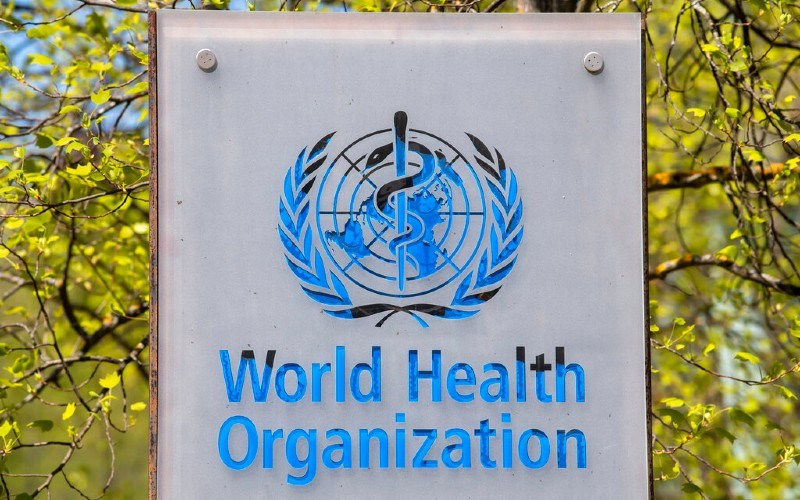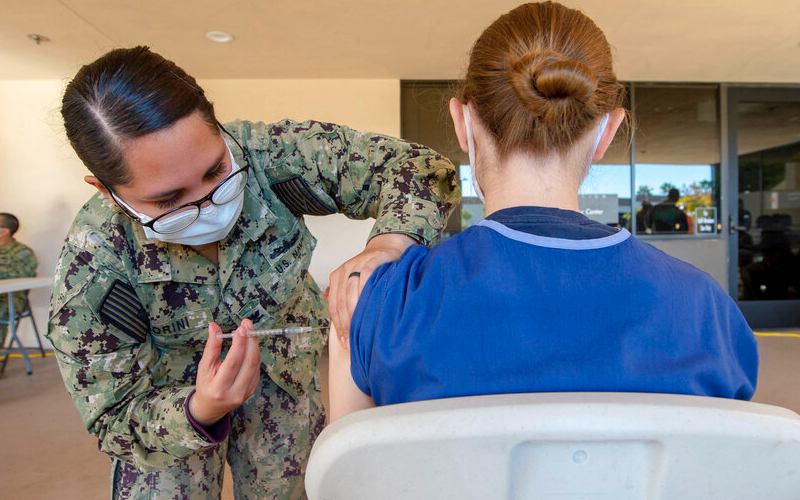"They are telling countries basically that they should decriminalize abortion," Oas states. "That is, to take it out of the realm of the criminal code entirely, to make it available on demand, [and] to put limits on the right of health care providers [in] their right to conscientiously object to being involved in abortion procedures."
Oas, director of research for C-Fam (Center for Family & Human Rights), explains that one facet of WHO's new policies includes telemedicine abortions, in which a woman, husband, boyfriend, or trafficker can order chemical abortions via computer and have them delivered by mail without seeing a doctor.
Oas writes in her article "WHO Advises Telemedicine Abortions/Eliminate Conscience Protections for Doctors" that abortions are on WHO's list of "essential health services," as listed for the COVID pandemic. The agency, she reports, is promoting telemedicine abortion as a means to continue abortions despite pandemic restrictions.

In another article, "Abortion and the Current Politics of Climate Change," Oas illustrates how the abortion issue has become related to the climate change debate – and that several groups are advocating lower birth rates as a means of saving the planet. For example, Oas writes that, according to climate- and- population-control advocate Project Drawdown, "the most effective method [of stopping climate change] is education for girls and contraceptives."
Pro-life groups argue that abortion isn't health care and that it is unethical to promote abortion in all corners of the world where there is no international right to abortion. The C-FAM spokeswoman agrees.
"When you remove any kind of healthcare supervision or requirement for follow-up, people are on their own. They don't always know what to do and complications can and do ensue," she tells AFN. "This is most dangerous in parts of the world where access to health care in general isn't as good or where they have further distances to travel.
"So, we might see a lot more injuries and even death in those circumstances," Oas concludes.
WHO's new rules, she contends, are promoting an agenda that's clearly outside of its mandate.







